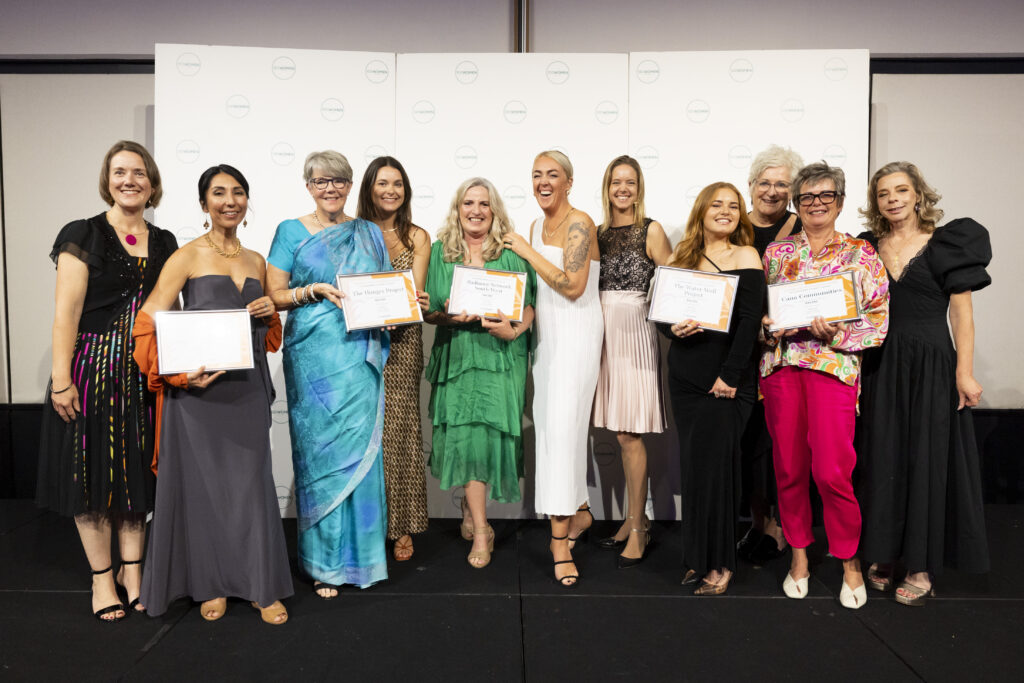Australia’s healthcare system is one of the best in the world, but time and time again, it’s vulnerable women that are slipping through the cracks, and their physical and mental health is suffering.
On Friday September 15, Australian philanthropic charity 100 Women announced five new organisations to receive grants of up to $50,000 to support their causes – from women’s health and safety to empowering women through work, education and housing.
These grants were made possible by the support of Ostelin, the number one Vitamin D and Bone Health brand in Australia, and their initiative Project Strong. Ostelin’s project celebrates and empowers the strength of all women from the inside out.
Since 100 Women was founded in 2014, they have funded 34 major projects, raised $1.25 million collectively and changed the lives of 34,600 women and girls. Every single dollar donated to the charity funds the grants they award every year.
While the peer-run community groups at Radiance Network get mums out of the house and talking to others experiencing similar situations, Stewart said around 25 per cent of the mums referred to the Network don’t show up to the sessions.
“This can be because they might not have the money to buy petrol that week, or there might be cases of domestic violence where there’s fear around leaving the house,” Stewart said.
But the grant from 100 Women will change this. Under the grant, Radiance Network will launch a new project called Perinatal Wellbeing Peer Support Advocacy.
Through this 18-month early intervention program, the charity will send volunteers and workers to the homes of these mothers in Collie, Bunbury, Busselton and the Margaret River region in WA. The volunteers can check-in and help them, without the mums having to leave the house.
Radiance Network estimates the new project will benefit 80 women and their children and will indirectly touch the lives of more than 160 friends and family members.
“It will allow us to visit those mums at home and make sure they don’t fall through the gap,” Stewart said.
“There, we can start with the very basics – making sure that mum and baby are fed and clean and safe physically, and then we can build on that and make sure that she is emotionally coping.
“This will build up her resilience and confidence to come and join the group sessions, which would be a major success.
“It’s not a luxury addition to what we do. It’s a core need that goes unmet at the moment.”
Read the full article at Women’s Agenda.

